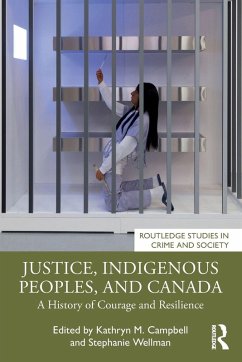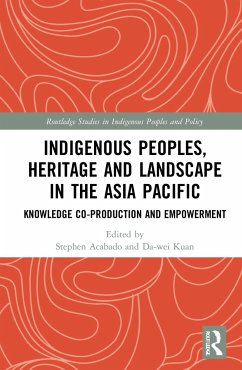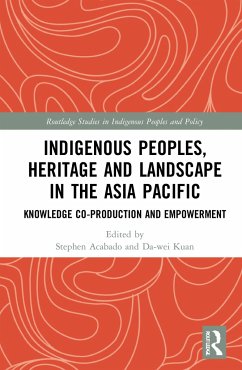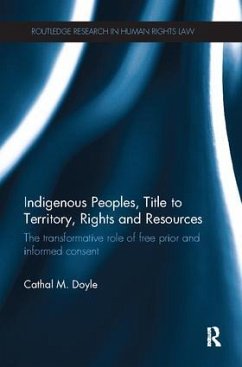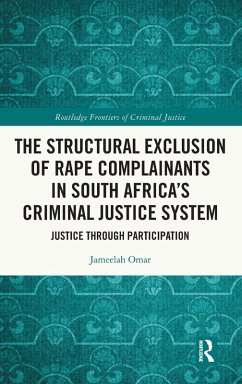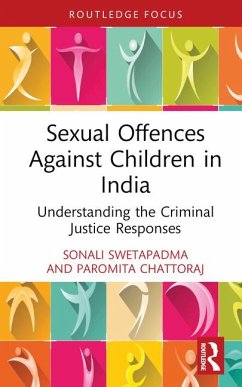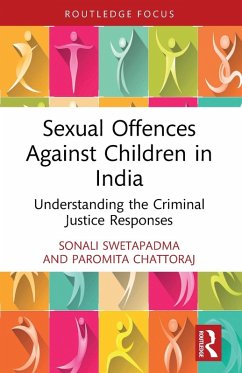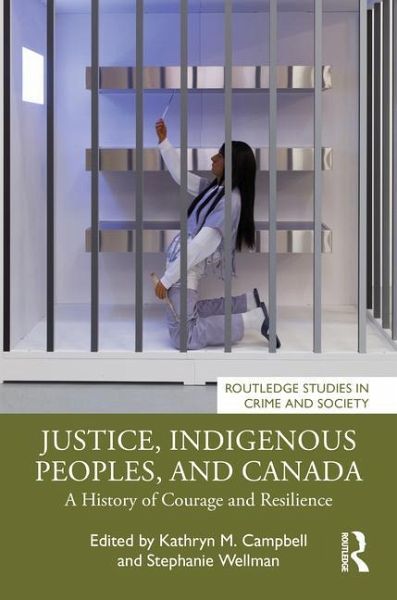
Justice, Indigenous Peoples, and Canada
A History of Courage and Resilience
Herausgeber: Campbell, Kathryn M.; Wellman, Stephanie
Versandkostenfrei!
Versandfertig in 1-2 Wochen
196,99 €
inkl. MwSt.
Weitere Ausgaben:

PAYBACK Punkte
98 °P sammeln!
This book compiles the work of leading researchers to provide a broad overview of criminal justice issues that Indigenous people in Canada have faced historically and continue to face today. It is essential reading for those interested in the struggles of the Indigenous peoples in Canada as well as anyone studying race, crime and justice.





